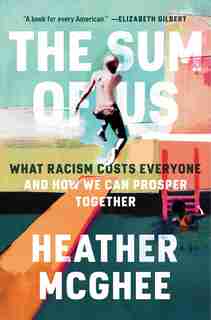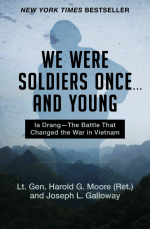View attachment 67329949
We Were Soldiers once, and Young is an book by retired Lt. General Harold Moore, and war correspondent Joseph Galloway detailing the first two major compat encounters of US troops during the Vietnam war.
The first encounter of book details the first engagement of the war, and the test case for the Air Cavalry strategy developed for the war in Vietnam. The first major battle of the Vietnam war for the Americans was to establish what amounted to a beachhead deep in Vietcong Territory. The strategy was to drop advance forces into a defensible position, establish a perimeter, and a landing zone to begin flooding the region with troops, delivered by rotating flights of helicopters. LZ X-Ray would be the first Air Cavalry deployment, and lead to a 3 day firefight that would result in 200 American dead and wounded and upwards of 2000 Vietcong dead.
This encounter was used as the basis for the film
We Were Soldiers. That film can be credited with mostly staying true to the first hand accounts with minimal Holywoodization... save for the climax of the film which was simply absurd. But I'll avoid that conversation mostly. The treatment of the book was better, for instance, than what the miniseries
The Pacific did for the book
Helmet for My Pillow...
The second half of the book details the disastrous engagement a few days later as the relief battalion at LZ X-Ray attempted to march on the next designated LZ Albany. The choice to forgo helicopter deployment, that had been proven effective in LZ X-Ray is a mystery that the book asks, but can't answer. On the march to LZ Albany the US battalion was ambushed with the Vietcong inflicting more than twice the casualties on the US troops in a matter of hours.
The one thing that was interesting about the recount from soldiers who were there is it becomes apparent that the Vietcong actually made huge blunders that they probably were ill equipped to even conclude on their own due to the large chasm between US and Vietcong leadership with regard to life and the judicious use of your soldiers.
LZ X-Ray was a success for the US troops because of the abysmal waste of Vietcong troops by their leadership. The Communists had learned little over the many years, and still believed that a glorious charge into entrenched machineguns was a viable strategy. When the battle was over there were machinegun emplacements surrounded by stacks of Vietcong in a perfect semi circle.
Conversely, at LZ Albany, the Vietcong major miscalculation, in my view, was in their method of dealing with enemy wounded and captured. Within hours of the engagement, the remnants of the forward platoons were in retreat because the Vietcong and US troops were too intermingled. But as the Vietcong overran the US positions the retreating soldiers saw the Vietcong wandering the battlefield, executing wounded US soldiers. At that point, all forward deployed US troops were safely considered dead, freeing up the US artillery and air support to bombard the Vietcong positions.
Had the Vietcong taken prisoners and tended to the enemy wounded, that air and artillery support would not have been called.
Very interesting book. A great source to contrast
Helmet for my Pillow.










